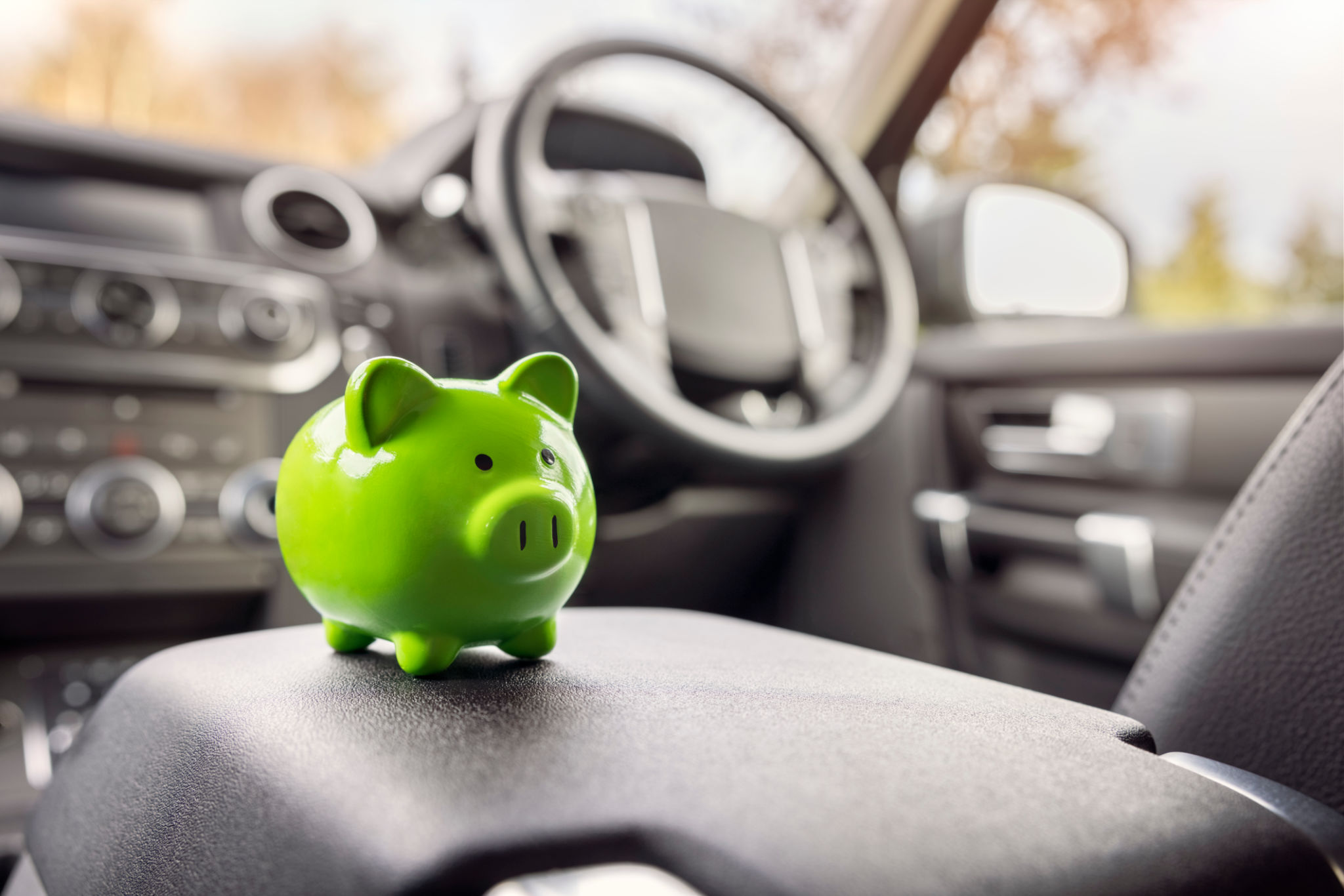Expert Tips on Financing Your Car Purchase in Oroville
Understanding Your Budget
Purchasing a car is a significant investment, and understanding your budget is crucial to making a sound financial decision. Begin by assessing your current financial situation, taking into account your monthly income, expenses, and savings. It's essential to determine how much you can comfortably afford to spend on monthly car payments without straining your finances.
Experts recommend spending no more than 15% of your monthly income on car payments. This calculation should include not only the loan repayment but also insurance, fuel, maintenance, and any other related expenses. By setting a clear budget, you can narrow down your options and avoid overextending yourself financially.

Exploring Financing Options
Once you've determined your budget, the next step is to explore various financing options available in Oroville. There are several routes you can take, including dealership financing, bank loans, and credit unions. Each option has its pros and cons, and it's important to choose one that aligns best with your financial goals.
Dealership financing is convenient as it offers a one-stop-shop experience, but it may not always provide the best interest rates. On the other hand, banks and credit unions often offer competitive rates, but the application process might be more involved. It's wise to shop around and compare offers from different lenders to secure the most favorable terms.
Improving Your Credit Score
Your credit score plays a significant role in determining the interest rate you'll receive on a car loan. A higher credit score often translates to lower interest rates, which can save you a substantial amount of money over the life of the loan. If your credit score needs improvement, take proactive steps to boost it before applying for financing.
Paying off outstanding debts, making timely bill payments, and reducing your credit utilization ratio are effective strategies for improving your credit score. It's also beneficial to check your credit report for any errors or discrepancies that could be negatively impacting your score.

Down Payments and Trade-Ins
A larger down payment can significantly reduce the total cost of your car purchase. By putting more money down upfront, you can lower the amount you need to finance, thereby reducing your monthly payments and the overall interest paid. Aim to save at least 20% of the car's purchase price for a down payment.
If you have an existing vehicle, consider trading it in as part of your down payment. This can help offset the cost of the new car and reduce the amount you need to finance. Before trading in your vehicle, research its current market value to ensure you're receiving a fair offer from the dealer.
Understanding Loan Terms
When selecting a car loan, it's crucial to understand the terms and conditions fully. Pay close attention to the interest rate, loan term length, and any additional fees or penalties associated with early repayment. Shorter loan terms typically offer lower interest rates but result in higher monthly payments.

Conversely, longer loan terms provide lower monthly payments but may result in paying more interest over time. Consider your long-term financial goals and choose a loan term that balances affordability with cost-effectiveness.
Consulting with Financial Advisors
If you're uncertain about which financing option is best for you, consider consulting with a financial advisor. These professionals can provide personalized advice based on your unique financial situation and help you navigate the complexities of car financing in Oroville.
By seeking expert guidance, you can make informed decisions that align with your budget and financial objectives, ensuring a smooth and successful car purchasing experience.